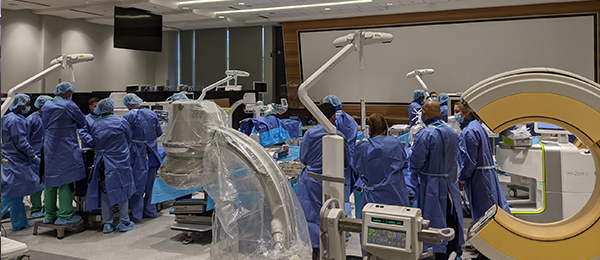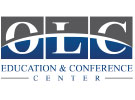
Building Innovation: How Surgical Robots and Medical Training Go Hand-in-Hand
For over 25 years, OLC Education and Conference Center has enhanced the medical education experience by providing a world-class clinical setting for physicians, surgeons and medical professionals from around the world to advance their training and skills. As a GBAC STAR, state-of-the-art facility, our expansive learning environments support hands-on bioskills labs, simulated-model workshops, surgical training, open and arthroscopic procedures to the newer medical technology: robotic surgery.
In a recent Research and Markets report, the global surgical robots market is anticipated to reach $16.77 Billion by 2031. With the rising demand for automation, enhanced surgical performance and patient care improvements in the healthcare industry, the adoption of robotic surgeries should be a welcome one. Here are our precise thoughts on how automation has aided in improving overall patient care.
Higher Precision and Flexibility: Surgical robots help doctors to achieve many successful minimally invasive surgeries in the healthcare domain. Surgical robots help surgeons complete a variety of complicated surgeries with more precision and flexibility than traditional techniques.
Increased Component Accuracy: A computerized tomography (CT) scan is performed before the surgery to plan individual components – the surgeon’s console, patient cart, and vision cart. These components work together and mimic the exact moment; thus allowing the surgeon to more clearly understand the situation better than ever before.
Robotics + Orthopedic Surgery: During the surgery, the robotic arm ensures that the plan is followed exactly. One of the most difficult aspects of joint replacement surgery is placing the individual components of the artificial joint in the best possible alignment so they will mesh together and work smoothly. The robotic arm provides tactile, visual and auditory feedback to assist the surgeon in achieving the desired orientation, which enhances stability, mobility and overall performance.
To learn more about how OLC can work with you to host your next medical education event or robotic surgery training, please contact us!

